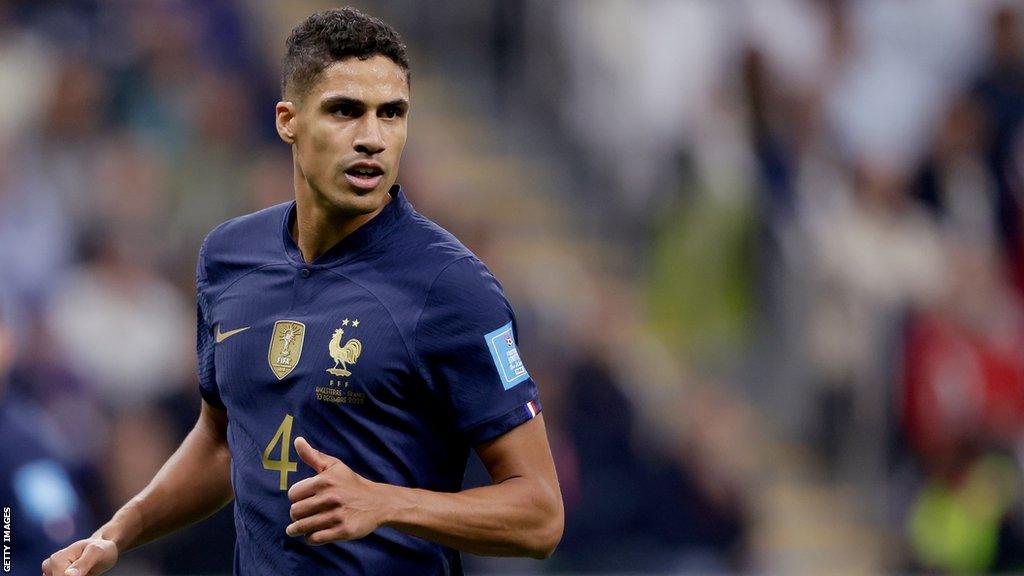Fifpro says players need protection from 'dangerous' levels of fixture congestion
- Published

Manchester United and Portugal midfielder Bruno Fernandes played 74% of his matches 'back-to-back' - without a gap of at least five days in between - this season
Football needs to do more to protect players against "dangerous levels of fixture congestion", says Fifpro.
A report by the players' union found that nearly half the players at last year's World Cup experienced extreme or increased mental fatigue.
Players had little time to prepare or recover from the first mid-season World Cup in Qatar, which began in November.
Fifpro added that new Champions League and Club World Cup formats could pose a further threat to player wellbeing.
Changes to both competitions from the 2024-25 season could see an 11% increase in the number of matches.
The number of teams in the Champions League group stage will rise from 32 to 36, and a team could play up to 17 matches, instead of the current 13, if they reach the final.
A new Club World Cup format, starting from the summer of 2025, which includes 32 teams and is due to be played every four years, could see teams play seven extra games to reach the final.
Fifpro's Player Workload Monitoring (PWM) report, which used data from 1,800 professional footballers, added: "The reforms of the two major tournaments will ultimately increase the number of games played by top players who could conceivably feature in both.
"This poses a threat to the wellbeing of players who are already pushed to their limit with the current international match calendar."

Varane has made 248 appearances since June 2018 with 58% of those back-to-back, with fewer than five days in between matches
The 2022-23 season was unprecedented with domestic leagues pausing mid-season for the World Cup, and Fifpro found that 68% of players in the final international squad lists had under two weeks to prepare for the tournament.
The report said that 44% of players experienced more physical fatigue and 23% more mental fatigue in January compared with other seasons, while 53% felt more likely to suffer injuries.
Manchester United and France defender Raphael Varane, who was included in the report as a case study, played for his club eight days after the World Cup final.
"The calendar is already more than full. The players are overworked, and it will get even worse," said Varane, who retired from international football in February aged 29.
"I'm afraid that we will witness much shorter careers and that players will have to give up the France team very early because, physically or mentally, what we are asking for today is simply beyond limits."
Professional Footballers' Association (PFA) chief executive Maheta Molango said Varane's decision to retire early from international football could happen more often.
"If we lose a Varane, we'll lose quality, we'll lose fans and then it's a dangerous spiral I think," Molango said.
He added: "We need to find a solution where we stop looking at this in isolation, but rather globally.
"You don't put a calendar [in place] and then ask the players 'can you play that?' or rather 'do that'. You look at what is the maximum number of games that they can play. And then from there, you build the calendar. I think we're starting from the wrong end of the discussion around that."
Fifpro president David Aganzo said: "The industry needs a far greater collective effort to establish effective player workload safeguards and a responsible calendar solution that protects player health and supports player performance."

Our coverage of your Premier League club is bigger and better than ever before - follow your team and sign up for notifications in the BBC Sport app to make sure you never miss a moment
